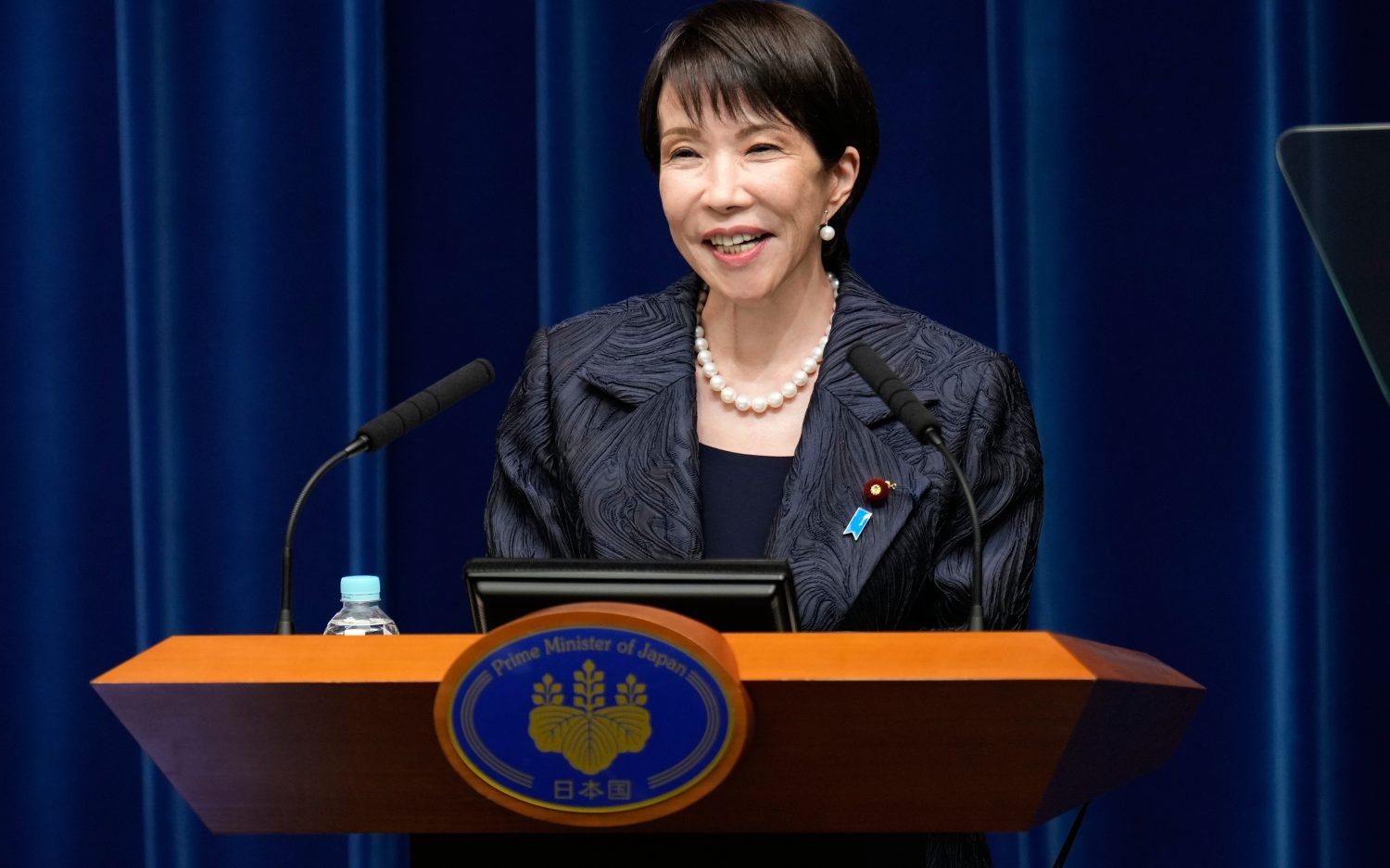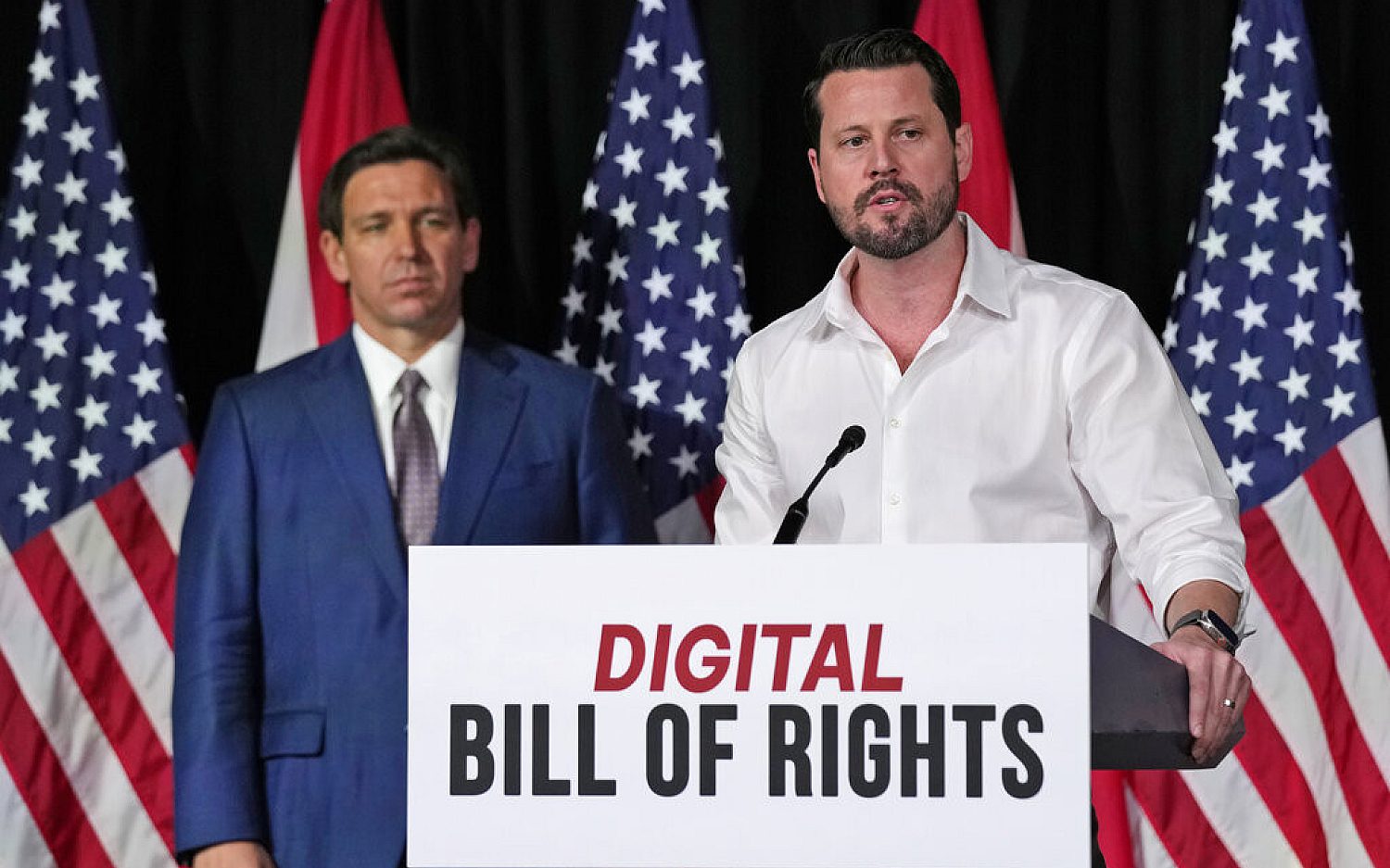Creating WWII's unbreakable code
In the Navajo nation, flags flew at half-staff over the weekend in honor of Chester Nez, who died last week at the age of 93. Corporal Nez, as he was called when he served in the Marine Corps during World War II, was the last surviving original Navajo code talker. He will be buried tomorrow at the Santa Fe National Cemetery in Santa Fe, N.M.
The U.S. military recruited Nez and 28 of his Navajo brothers for a key wartime task: developing and implementing a code language that could not be cracked by the Japanese.
“We developed a code in our own native language,” Nez told the Associated Press in a 2010 interview. “I think that was one of the craziest things we ever did.
The code that we developed has a lot to do with the animals that we live with. …These are some of the things that a lot of people don’t know too much about.”
The Navajo code talkers took part in every assault the Marines conducted in the Pacific until the end of the war in 1945, according to information released decades later by the military. They transmitted messages by telephone and radio in their native language, and the Japanese never cracked the code. U.S. forces were able to communicate troop movements and tactics secretly, a key element in winning the war in the Pacific.
Before turning to the Navajo, the U.S. military tried to come up with a way to transmit classified information using various languages and dialects, but Japanese cryptographers cracked each one.
Then came what can only be described as a providential connection. A man named Philip Johnston, a former Army engineer and the son of Presbyterian missionaries, had lived on the Navajo reservation as a child. He went to the government with an idea: Try using the Navajo language.
Johnston knew first-hand that the syntax and grammar of the language were difficult and that there was little written record of it. The way the language is spoken makes it difficult for most non-Navajo to understand.
In 1942, the military decided to give Johnston’s idea a try and recruited 29 young Navajo men who could speak their native language as well as English. The Navajo Code Talkers were born.
Their work was so secret it was not declassified until 1968, when Nez and his fellow code talkers finally were able to discuss what they did in World War II.
“I feel very proud to have served my country. And I’m very, very, very blessed that that came out of life,” Nez said.
In 2001, Chester Nez and the original code talkers received the Congressional Gold Medal for their service to the United States from President George W. Bush.
Listen to Joseph Slife’s full report on Chester Nez and the Navajo code talkers on The World and Everything in It:
An actual newsletter worth subscribing to instead of just a collection of links. —Adam
Sign up to receive The Sift email newsletter each weekday morning for the latest headlines from WORLD’s breaking news team.




Please wait while we load the latest comments...
Comments
Please register, subscribe, or log in to comment on this article.